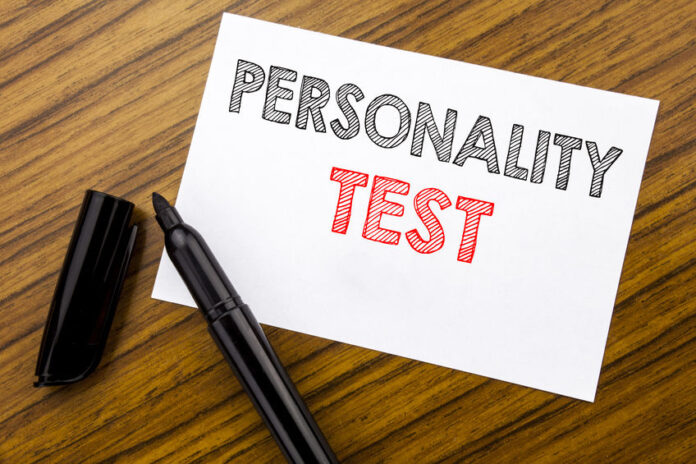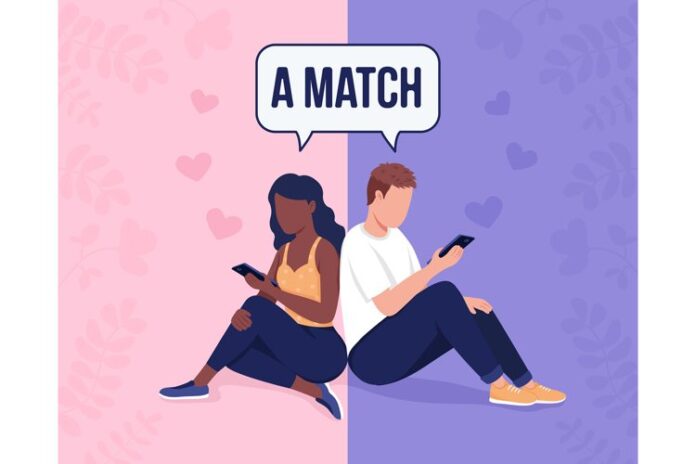Dating has always been an intricate part of human social interaction, evolving through the ages from traditional meet-ups to today’s digital escapades. The latest trend sweeping the dating scene is the use of personality tests.
These tests, once confined to the domains of psychology and career counseling, have found a novel and popular application in the quest for romantic compatibility.
This article dives into how personality assessments have transformed modern dating, their impact, and what to expect when incorporating them into your love life.
The Psychology Behind Personality Tests

At their core, personality tests are more than just a set of questions; they are a window into the intricate makeup of an individual’s character and temperament.
These assessments are based on various psychological theories, the most notable being the Five Factor Model, which breaks down human personality into five broad dimensions: openness, conscientiousness, extraversion, agreeableness, and neuroticism.
Dating platforms utilize these dimensions to match potential partners based on psychological compatibility rather than mere physical attraction or geographical proximity.
From Paper to Profile: The Integration of Tests in Dating Apps
The integration of personality assessments into dating platforms has revolutionized the way people connect online. Unlike the superficial approach of swiping based on looks alone, these tests promote a deeper, more meaningful connection from the start.
Apps like OkCupid and eHarmony have pioneered this approach by incorporating questions that gauge values, beliefs, and personality traits, facilitating matches that are more likely to endure the test of time.
Analyzing the Effectiveness of Personality-Based Matches

Critics often question the validity and effectiveness of these personality-based matches. However, numerous studies suggest that couples who are matched based on psychological compatibility tend to have longer-lasting and more satisfying relationships.
This does not imply that personality tests are infallible. Rather, they serve as a tool to streamline the search for a partner by eliminating unlikely matches early in the process.
The Impact on Relationship Dynamics
Introducing personality tests into dating has subtly shifted relationship dynamics. For one, it encourages transparency and self-awareness among users.
Individuals are often prompted to reflect on their own traits and preferences, which can lead to better personal insights and more honest conversations when engaging with potential partners.
Plus, understanding one’s own personality can help in addressing conflicts more effectively and fostering a deeper understanding between partners.
Potential Pitfalls and How to Avoid Them

Despite their benefits, relying solely on personality tests for finding a match has its pitfalls. Overemphasis on compatibility scores can lead some to ignore the natural development of a relationship, including the essential personal growth that comes from navigating differences.
To avoid these traps, it is crucial for users to use personality tests as a guide rather than a definitive rulebook. Balancing test results with real-life interactions and giving relationships room to grow beyond initial assessments is key.
Statistical Insights into Personality Testing and Dating Success
Recent research highlights the burgeoning role of personality tests in the dating landscape. For instance, a survey conducted by a leading dating app revealed that 70% of users feel more confident in their matches when personality compatibility is considered.
A study from a major university found that relationships formed based on personality test results reported a 50% higher satisfaction rate compared to those that did not use such metrics.
It’s not just about the numbers; the qualitative feedback from users also underscores a shift towards more meaningful connections.
Many report that conversations with matches based on personality assessments tend to be more engaging and less superficial, leading to stronger initial connections and more promising relationship trajectories.
Expanding the Scope: Beyond Mere Compatibility
While initial matches are often based on compatibility scores, the utility of personality tests doesn’t end there. They can also play a crucial role in the ongoing development of a relationship.
For couples looking to deepen their understanding of each other, these tests can provide insights that help in managing expectations and resolving conflicts. For example, understanding whether one’s partner is an introvert or extravert can influence how they prefer to spend time or communicate.
Challenges and Criticisms: A Balanced View

Despite the apparent benefits, the application of personality tests in dating is not without its challenges. Critics argue that the complexity of human emotions and relationships cannot be fully captured by standardized tests.
Some psychologists caution against the over-reliance on these tests, suggesting that they might oversimplify the rich tapestry of human relationships. Furthermore, there is the risk of data privacy concerns, as users must often provide detailed personal information to complete these tests.
Addressing the Skeptics: The Role of Continuous Improvement
In response to these criticisms, many dating platforms are continuously refining their testing algorithms. More sophisticated models are being developed that consider a broader range of psychological factors, including adaptability, conflict style, and long-term relationship goals.
Additionally, as more empirical data becomes available, these platforms adjust their compatibility metrics to reflect deeper insights, thereby enhancing the accuracy of their matching processes.
Looking Ahead: The Integration of AI and Machine Learning
The future of personality testing in dating is likely to be shaped by advances in artificial intelligence (AI) and machine learning. These technologies promise to further refine how personality assessments are conducted and interpreted.
For instance, AI can analyze user interactions over time to detect patterns that might predict relationship success more accurately than static tests. This could lead to dynamically updating personality profiles that evolve based on ongoing interactions and relationship feedback, offering a more fluid and responsive approach to online dating.
Conclusion: Embracing Complexity and Continuity

As we navigate the evolving landscape of dating, the integration of personality tests represents a fascinating confluence of psychology and technology.
While they offer a unique tool for enhancing compatibility and relationship satisfaction, they are not a panacea.
Successful relationships require more than just compatible personalities; they need commitment, communication, and continuous effort from both partners. As such, while personality tests can initiate connections, the depth and durability of relationships ultimately depend on the actions and decisions of the individuals involved.







